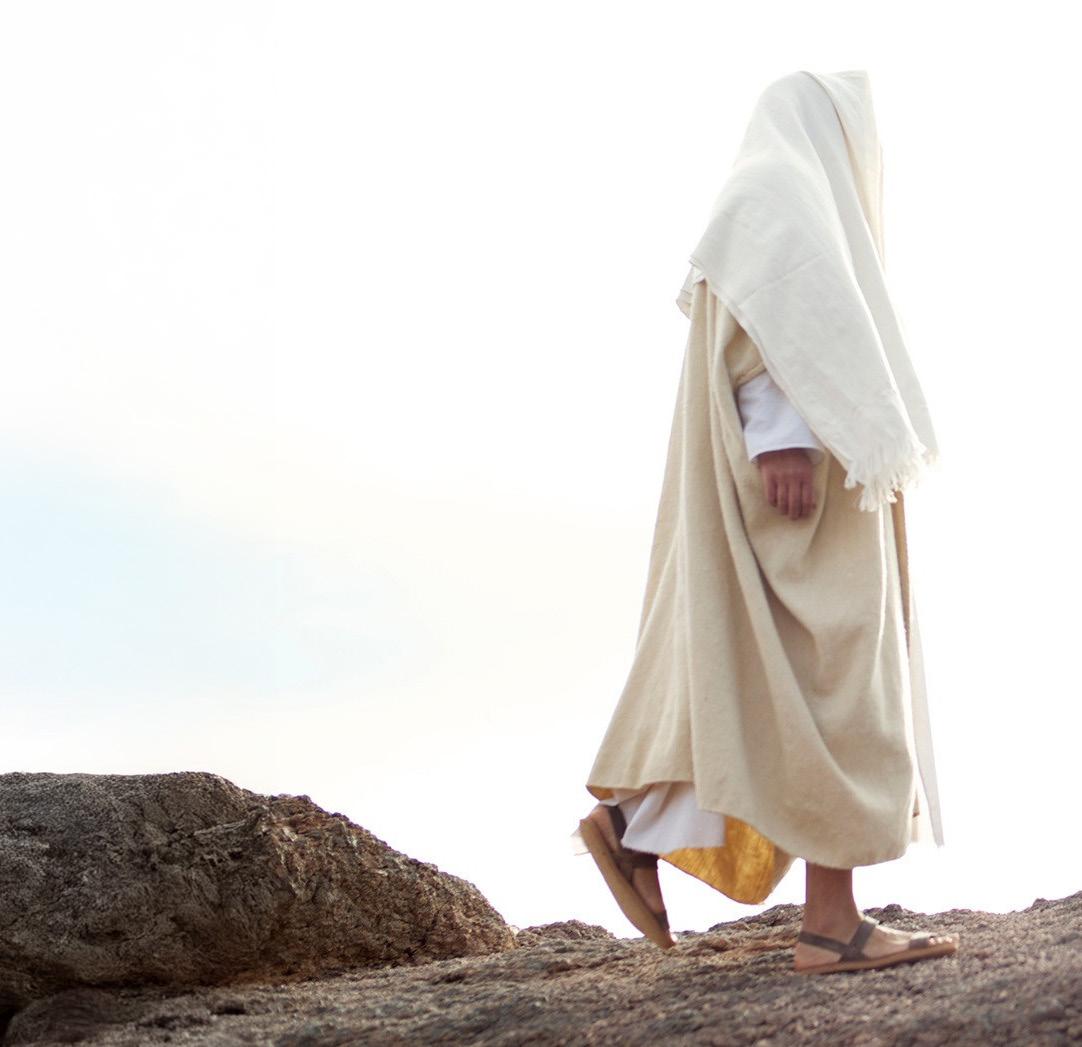
5 minute read
Embodying Christ in Spiritual Formation and Holistic Discipleship
Are we on a mission or are we the mission? From my perspective, it may be both. Holistic discipleship and spiritual formation go hand in hand with being both the mission and on mission. As believers and followers of Christ, we acknowledge that Christ is the mission and that he is also on mission: For God so loved the world that he gave Jesus. God saw our need. God offered Christ. Christ consented and came. Christ died. Christ left us the gift of his Spirit. If we believe we are the imago Dei (Genesis 1:27), then we are partakers with Christ as being both the mission and on mission. We have the capacity for reason, love, relationship, and reflecting God’s attributes.
What does it mean to be the mission?
God had a plan from the beginning. His plan was to give Christ to the world. Christ was the mission—the plan to bring salvation to the world. This salvation consists of more than repeating the sinner’s prayer or an acknowledgement of faith. In contrast to the law, it was [and is] a new way to be reconciled to God, one in which we become more consciously aware as active participants in God’s plan of redemption. To be the mission means we are invited to embody Christ. This embodiment is a process of spiritual formation where Jesus teaches us the “unforced rhythms of grace” despite any inward resistance towards not being productive.
Jesus tells us, “Come to me. Get away with me and you’ll recover your life. I’ll show you how to take a real rest. Walk with me and work with me—watch how I do it. Learn the unforced rhythms of grace. I won’t lay anything heavy or ill-fitting on you. Keep company with me and you’ll learn to live freely and lightly” (Matthew 11:28–30 MSG).
Another passage that comes to mind is found in Luke 10. Christ was on mission to visit with Mary and Martha. They were the mission. We know that both women had different understandings about the purpose of Jesus’s visit. Mary sensed she was the mission, and Martha felt they both were on mission to serve Jesus. In that moment, one was overwhelmed with a to-do list, while the other was present with Jesus. Jesus differentiated between the two and shared what was necessary.
The embodiment of Christ is twofold: It is about the relationship with Christ (recognizing we are the mission) and the ongoing work of grace through Christ to the world (we are on mission with him). To be the mission leads to being on mission. Unfortunately, many skim over being the mission and quickly learn how to be on mission. This leads us to another question.
What does it mean to be on mission?
It is possible to be on mission without the embodiment of Christ. Whereas church services, retreats, and other fellowship events are wonderful opportunities to learn from others and have new experiences, nothing substitutes learning from Christ himself. Without the embodiment of Christ, evangelism and discipleship become shallow and oppressive. In other words, it eventually becomes a burden. However, when we become consciously aware of Christ’s presence in and around us, we cannot help but to be on mission. This embodiment helps us to be on mission in a more holistic and authentic way. This means that even though we may be firm in our faith and belief, our hearts are light and open to receiving others as they are and without the need to change them. It also means that we trust the work that God is already doing in us, and we do not try to impose it on another. We become more gracious, compassionate, and curious while on mission instead of assuming and judging. We are in tune with God’s movements. We learn when to speak up and when to remain silent. We learn how to rest in silence and trust God with everything in between. The world becomes brighter. Vitality increases and our very presence ushers in the presence of God where holistic discipleship unfolds gradually.
To be on mission, as Teresa of Avila prayed, unfolds in a more natural and authentic way when we learn that we are the mission of Christ:
Christ has no body but yours,
No hands, no feet on earth but yours.
Yours are the eyes with which he looks Compassion on this world,
Yours are the feet with which he walks to do good,
Yours are the hands, with which he blesses all the world.
Yours are the hands, yours are the feet,
Yours are the eyes, you are his body.
Christ has no body now but yours, No hands, no feet on earth but yours. . . . Amen.
MARIE PROCTOR LANCASTER, SOUTH CAROLINA
Marie Proctor is an ordained minister in the Church of God of Prophecy. She recently transitioned from pastoral ministry to work with individuals and small groups as a spiritual director. Her previous role as a pastor (2013–2024), along with serving the women of South Carolina as Women’s Ministries director (2010–2019), is what led her to the ministry of spiritual direction (2022 to present). She loves spending time with her family and finding the quiet, serene places that God has woven into each day.

